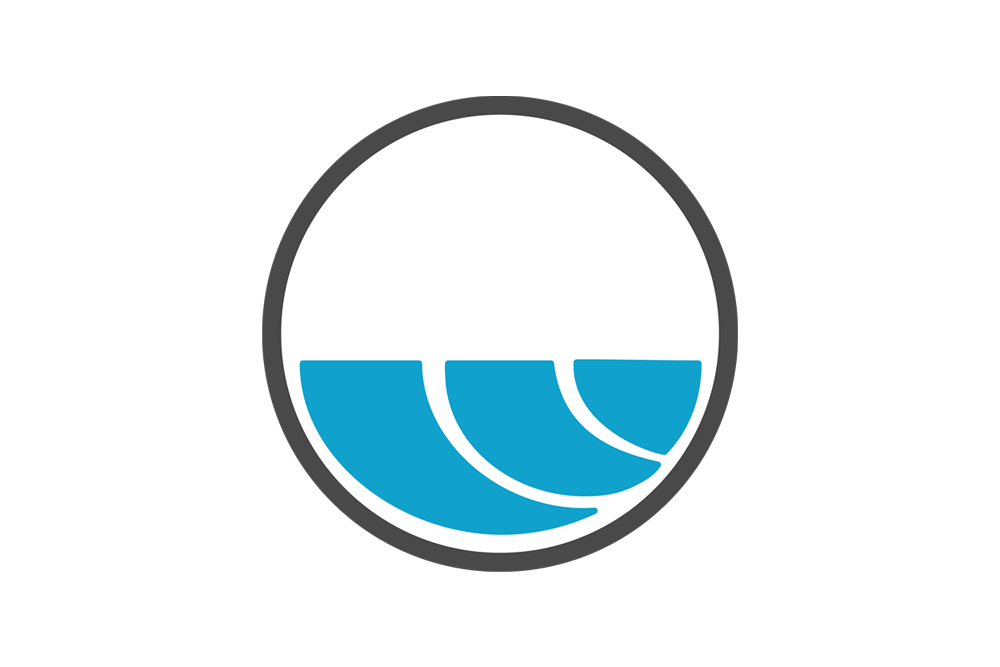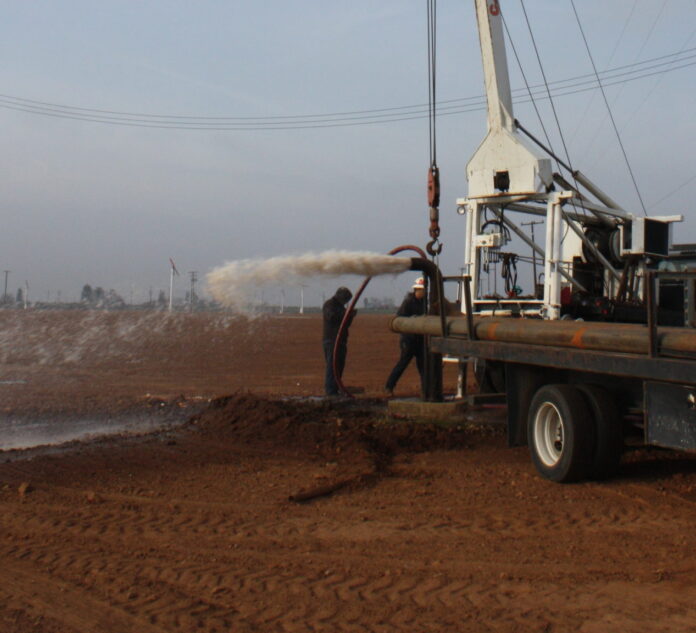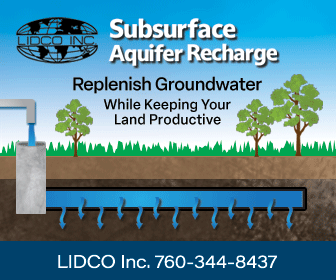 A Closer Look at the Value and Benefits of Client-Focused Tools
A Closer Look at the Value and Benefits of Client-Focused Tools
By Savannah Tjaden – Tjaden is a data and watershed specialist at LRE Water, a water resources consulting firm that specializes in water resources data management based in Denver, Colorado.
LRE Water has been working with clients to develop data management systems and web-based management tools for over a decade in Colorado. Our data management clients include groundwater conservation districts, groundwater pumping groups, and municipal and private water providers. These organizations cover a wide range of management activities including: water quantity (surface water and groundwater), water quality, water budget accounting, operating and tracking infrastructure (pumps, wells, canals, reservoirs, recharge facilities), regulatory diligence, and much more.
I recently sat down (virtually) with several clients to better understand the value of good data management and the tools LRE Water has built for them. I found the conversations to be delightful and thought-provoking and I wanted to share what I learned. The information from these interviews may be helpful to any water manager, but I thought it might be especially helpful for Groundwater Sustainability Agencies who are currently thinking about data management or will be thinking about data management soon enough. My hope is that what we’ve learned in Colorado will be helpful to folks in California and maybe save you all some time, money, and headaches.
Interview Responses
I asked each client five questions about their management platforms (their data management system + any web-based interfaces and/or tools) built for them by LRE Water. I compiled their answers and highlighted the common themes in their responses below.
What is the importance of your management platform?
Time. Our platform is a daily time-saving tool. We would absolutely need to hire more staff to do what our platform does. Things that used to take a day or two now take at most a few hours. I can run through my morning operations checklist super quickly and then I have the rest of the day to tackle other projects (like writing grants). We’ve shifted our focus away from daily repeated tasks, to bigger picture tasks and planning.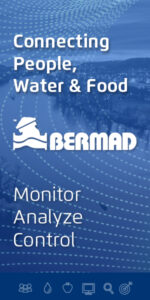
Access. Being able to use and access data is critical. A management platform isn’t successful if you can’t easily access your data and/or isn’t a tool you want to use. Our platforms provide us an easy way to access, review, and share critical data more frequently. Having what you need, when you need it in an easy to digest way, makes us more self sufficient and has proven to be an integral part of decision making across our organization.
Trust. Having trust in the data and in the system results in trust between partners. Historically, we would have multiple versions of the data or different groups were looking at different subsets of data based on what they had access to. Now we’re all using/ working from the same data set and we all trust that data set. Trust in the data and system has led to better relationships between us, our stakeholder, regulators, and partners.
What are some lessons you learned from searching for/building a management platform?
- I’ve learned that we can’t please everyone all the time, but we can please most of the people most of the time. Because everyone processes data differently and has a different understanding of the complex data we collect and assess, we need different tools for different purposes and audiences.
- It is imperative that you have a workshop with users in the development phase to figure out how every end user envisions using the data.
- Getting feedback and understanding the needs of the users is really the most critical part. Being able to share the tools, communicate what the data is saying and why it’s important (which may vary across the organization) is a necessity.
- A map-based user interface is great for show and tell, especially for board meetings, but I’ve found them very hard to actually work with and it’s especially difficult to manage the data in a map-based interface.
- There are always going to be different needs, so creating an easy way to access the data and building a standard way of presenting the data over time, makes it easier to convey important information even if the questions and data are changing.
- Listen to and learn from the experts and your peers. You don’t have to reinvent the wheel. Do your own research, but include what has worked for others.
- We all have unique needs. Off-the-shelf products are still an option! If we had the option 10 years ago to have an off the shelf DMS I would have seriously considered it as long as the product was adaptable to me, my data, and my workflow.

What would today look like if you didn’t have your management platform?
Interviewee responses to this question generally resulted in a sigh and a “I don’t even want to go there”, but we did go there, for your sake.
Higher cost and less reliability. First, we’d have higher costs because we would need to hire more staff. The general consensus was that without the platform each client would need 1-3 additional full-time staff members. Second, there would be more room for human error and therefore a less reliable data. Having the platform automate so much has made us capable of catching any data errors faster and with greater consistency.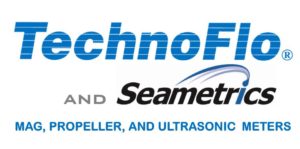
Always putting out fires. Before the platform we were constantly putting out fires- always reacting to emergencies. We still have those days, but we’ve been able to develop a much better understanding of our operations and maintenance needs. With alarms, we can catch any issues right away before they have the chance to become emergencies.
How has your management platform changed the way you work?
Communication and Collaboration. I believe one of the biggest accomplishments has been to increase communication across the organization and with external partners on key topics and increase consistency in understanding the data. This has helped us talk about the issues more holistically. It helps with decision making, compliance and you get buy-in into the system. We also have a better understanding of each other’s needs and uses of the data.
The platform has helped strengthen our relationships with our clients, growers, partners, and regulators. Everyone has access to the data they need when they need it. It allows everyone to do their jobs with less friction and has given us all more time and space for collaboration.
Scalability/productivity. We have seen a major increase in our productivity through automation and telemetry. Our system always had the potential and there is still room for growth, but now we can really tap into that potential. We’re no longer limited to 1-2 projects a year, we can juggle so much more and are scaling rapidly because of it.
Planning. Our planning process has changed a ton. We do more planning than ever and we’re doing much longer-term planning. We have more time to go out and find more projects, we’re looking at 10-20 years out: Where can we build the next recharge facility? Should we invest in that pipeline?
We have plans in place to manage our anticipated excess or shortages that we didn’t have before- it’s made us more proactive. We are constantly working on our short-term and long-term operations to optimize our whole system, and now we have also started doing much needed scenario planning.
Research. We are able to identify and investigate problems or inefficiencies in our system. We can find the root cause of something by using our own data for research. For example, we never used to talk about silt in our reservoirs or recharge ponds, now we’re doing research based on our own data and modifying our operations and maintenance plans to address silt issues
What advice would you give to GSAs and/or other water managers who are thinking about their data management?
Interviewees centered on two key pieces of advice:
1) Make data management a priority, and do it right the first time. Your data will become the foundation of everything else you do moving forward. Be thoughtful upfront and it will save you over a lifetime.
2) Work with experts. They will have a sense of what you need before you need it and have solutions to problems you don’t even know you have yet. Beyond just having the technical experience, work with experts who care about making your system usable and understand the context of your management problems.
Other advice included:
- When in doubt, put in a database and get as much info into your database as soon as you can.
- Your needs and wants are always going to change so you’ll need tools that are flexible and a provider who can make changes and updates quickly.
- Understand that you are not going to have just one tool. You’ll have different tools for different uses, if they all happen to be in the same platform, great!
- Consider your data as a relationship building tool. Whether those relationships are internal, stakeholders, partners or regulators. Having trusted data that others can access easily (with the correct protections) saves you time and can improve your relationships with different parties which ultimately allows you to get more done.
- Always try to keep things in the same format. It will streamline your work today, but is also really helpful when looking at historical records.
- Where and if you can, try to use open source products. Not paying for proprietary stuff or licensing can result in huge cost savings.
Special thank you to our clients at Central Water Conservancy District, United Water and Sanitation District, and Denver Water for their time and thoughtful responses.
Savannah Tjaden is the Business Lead and Product Manager of LRE Water’s new service, GSConfluence. GSConfluence is a data management system and a suite of management tools designed for GSAs, all rolled up into an easy-to-use, web-based platform. You can learn more here: https://gsconfluence.com/. You can contact Savannah at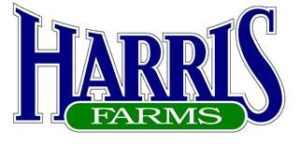 Savannah.Tjaden@LREwater.com
Savannah.Tjaden@LREwater.com
A shareable pdf version of this article is available here for download.
DISCLAIMER OF RESPONSIBILITY; Waterwrights strives to provide its clients with the most complete, up-to-date, and accurate information available. Nevertheless, Waterwrights does not serve as a guarantor of the accuracy or completeness of the information provided, and specifically disclaims any and all responsibility for information that is not accurate, up-to-date, or complete. Waterwrights’ clients therefore rely on the accuracy, completeness and timeliness of information from Waterwrights entirely at their own risk. The opinions expressed in this report are those of the author and do not represent any advertisers or third parties.
ALL RIGHTS RESERVED. Copyright 2021 by WaterWrights.net/DAW




